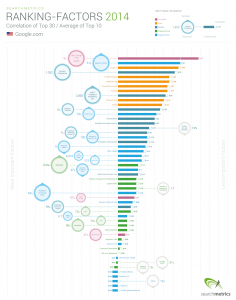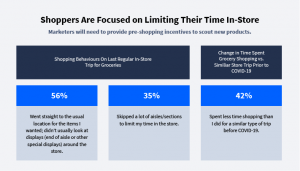by Laurie Sullivan, Staff Writer @lauriesullivan, January 19, 2017

There is a movement across the advertising industry to build out a type of machine learning artificial intelligence that can look at key performance indicators (KPIs) within a large set of data and understand the key drivers that are moving key performance indicators either up or down.
Jay Wilder, director of product marketing for the data analytics firm Datorama, says it requires classified and integrated “clean data” for machine learning that can understand the impact of the KPIs.
He expects that one day voice assistants will respond to increasingly complex data questions. Marketers will have access to answers based on a set of data, and the technology will also deliver insights on the fly to do things like manage a change in budget allocation or stop or start paid search campaigns.
Eventually the technology will allow marketers to ask devices like Amazon Echo’s Alexa to provide computations on more complex questions, such as ways to decrease CPMs in a specific channel or to find out what is influencing them. “It might be regional or creative considerations, a media planner, or an agency planner moving the KPIs,” he said.
It’s all about getting the data to work in a smarter way, rather than collecting more data. “If marketing needs to create more predictable results that scale, then there must be a better way to create a more predictable and scalable pipeline of insights,” he said. “To date, insights have been a process of art and science, but what’s coming will make it much more scientific.”
Some time at the end of December 2016, cross-channel marketing analytics firm Datorama introduced a voice-activated feature in its platform that allows marketers to gain campaign measurement details just by asking Alexa-enabled devices. Alexa is the virtual assistant in Amazon Echo.
Despite Datorama’s advancements in technology that break down measurements into bite-size information and emails results to users, Wilder believes the future resides in calculations far beyond what is seen and used today.
MediaPost.com: Search Marketing Daily
(81)
Report Post







